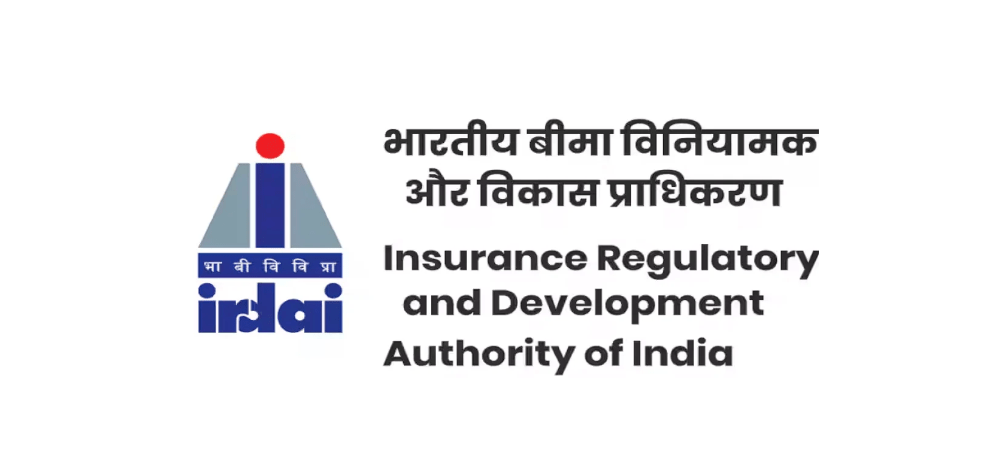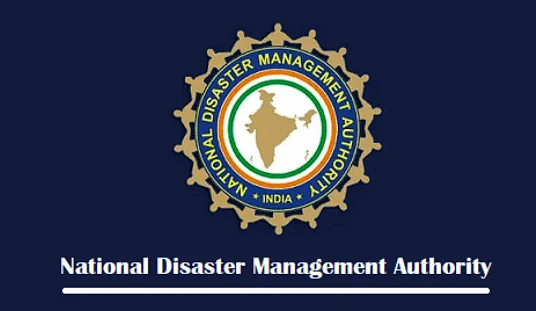IRDAI
IRDAI stands for Insurance Regulatory and Development Authority of India. It is an Autonomous and Statutory Body under the jurisdiction of Ministry of Finance. It was Formed in 1999.
About IRDAI
- Constituted under Insurance Regulatory and Development Authority Act, 1999.
- Headquarters – Hyderabad then moved to Delhi in 2001.
- Main Task – Regulating and licensing the insurance and re-insurance industries in India.
History of IRDAI
- The life-insurance business began in 1818 with the establishment of the Oriental Life Insurance Company in Calcutta.
- The company failed in 1834.
- In 1829, Madras Equitable began conducting life-insurance business in the Madras Presidency.
- The British Insurance Act was enacted in 1870, and Bombay Mutual (1871), Oriental (1874) and Empire of India (1897) were founded in the Bombay Presidency. The era was dominated by British companies.
- In 1914, the government of India began publishing insurance-company returns.
- The Indian Life Assurance Companies Act, 1912 was the first statute regulating life insurance.
- In 1928 the Indian Insurance Companies Act was enacted to enable the government to collect statistical information about life- and non-life-insurance business conducted in India by Indian and foreign insurers, including provident insurance societies.
- In 1938 the legislation was consolidated and amended by the Insurance Act, 1938, with comprehensive provisions to control the activities of insurers.
- An ordinance was issued on 19 January 1956, nationalising the life-insurance sector, and the Life Insurance Corporation was established that year.
- In 1907 the Indian Mercantile Insurance was established, the first company to underwrite all classes of general insurance.
- In 1957 the General Insurance Council (a wing of the Insurance Association of India) was formed, framing a code of conduct for fairness and sound business practice.
- In 1972, with the passage of the General Insurance Business (Nationalisation) Act, the insurance industry was nationalized on 1 January 1973.
- In 1993, the government set up a committee chaired by former Reserve Bank of India governor R. N. Malhotra to propose recommendations for insurance reform complementing those initiated in the financial sector. The committee submitted its report in 1994, recommending that the private sector be permitted to enter the insurance industry.
- Following the recommendations of the Malhotra Committee, in 1999 the Insurance Regulatory and Development Authority (IRDA) was constituted to regulate and develop the insurance industry and was incorporated in April 2000.
Structure of IRDAI
- 10-member body
- Chairman – Mr. Debasish Panda,
- 5 full-time and 4 part-time members appointed by the government of India.
Functions of IRDAI
- Issuing, renewing, modifying, withdrawing, suspending or cancelling registrations.
- Protecting policyholder interests.
- Specifying qualifications, the code of conduct and training for intermediaries and agents
- Specifying the code of conduct for surveyors and loss assessors
- Promoting efficiency in the conduct of insurance businesses
- Promoting and regulating professional organisations connected with the insurance and re-insurance industry
- Levying fees and other charges
- Inspecting and investigating insurers, intermediaries and other relevant organisations
- Regulating rates, advantages, terms and conditions which may be offered by insurers not covered by the Tariff Advisory Committee under section 64U of the Insurance Act, 1938 (4 of 1938)
- Specifying how books should be kept
- Regulating company investment of funds
- Regulating a margin of solvency
- Adjudicating disputes between insurers and intermediaries or insurance intermediaries
- Supervising the Tariff Advisory Committee
- Specifying the percentage of premium income to finance schemes for promoting and regulating professional organisations
- Specifying the percentage of life- and general insurance business undertaken in the rural or social sector
- Specifying the form and the manner in which books of accounts shall be maintained, and statement of accounts shall be rendered by insurers and other insurer intermediaries.
Objective of IRDAI
- Promoting competition to enhance customer satisfaction with increased consumer choice and lower premiums while ensuring the financial security of the insurance market.
Insurance Repository System
- Announced by Prime Minister of India.
- Helping policyholders buy and maintain insurance policies in electronic form rather than on paper.
- Hold electronic records of insurance policies issued to individuals as electronic policies or e-policies.







